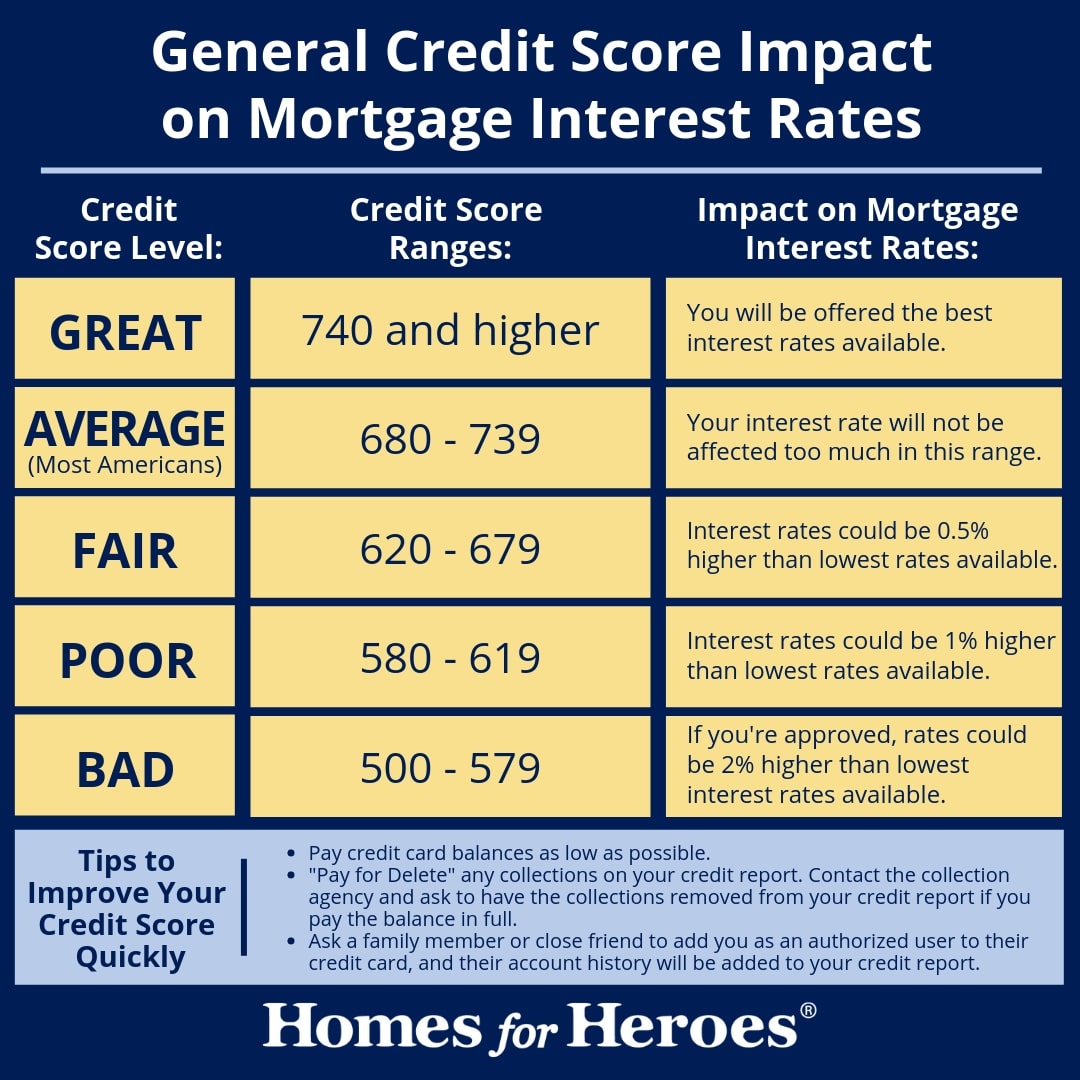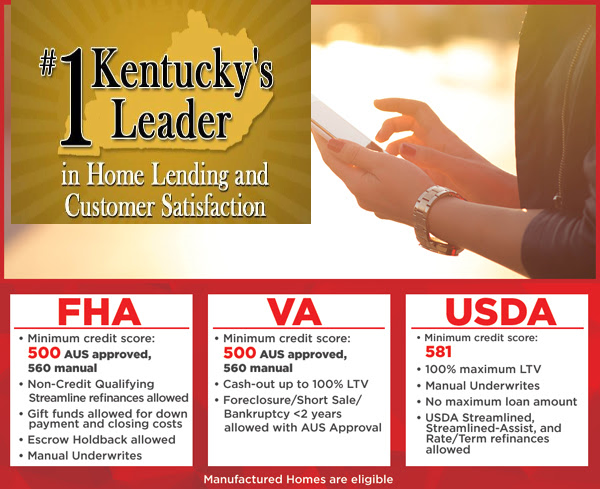Do you know that appraiser required repairs may be financed into an KY FHA loan?
Costs of repairs can be added to the sales price before calculating the mortgage amount if:
• The repairs are required by the Appraiser to meet HUD’s MPR;
• The repairs are paid for by the Borrower; and
• The sales contract or addendum identifies the Borrower as the party responsible for payment and
completion of the repairs. Up to the maximum allowable amount. Seller can pay for additional repairs.
The maximum amount of repair costs that may be added to the sales price is the lesser of:
• The amount by which the value of the Property exceeds the sales price;
• The Appraiser’s estimate of repairs; or
• The amount of the contractor’s bid.
See FHA Handbook 4000.1. II.A.2.a
https://www.allregs.com/tpl/Main.aspx
Example 1:
$105,000 Value
$100,000 Sales Price
$5,000 Appraiser Required Repairs
$105,000 Max Cost of Acquisition (Value)
X 96.50
$101,325 Base Loan Amount
+ $1,773.19 UFMIP
$103,098 Total Loan Amount
Borrower would pay up to $2,500 in contingency and funds are returned when repairs have been completed
and inspected. (See Escrow Limits below)
Example 2:
$105,000 Value
$100,000 Sales Price
$10,000 Appraiser Required Repairs
$105,000 Max Cost of Acquisition (Value)
X 96.50
$101,325 Base Loan Amount
+ $1,773.19 UFMIP
$103,098 Total Loan Amount
Borrower would pay the $5,000 in repairs that cannot be included into the loan amount. Borrower would also pay up to $5,000 (50% of 10,000 required repairs) in contingency and funds are returned when repairs have been completed and inspected .
The sales price of the property is $100,000 and the appraised value is $105,000. If the appraiser requires repairs in the amount of $10,000, $5,000 can be added to the sales price before calculating the mortgage amount. This is because the value came in at $105,000. The remaining $5,000 required repairs can be paid at closing by buyer or seller.
Escrow Holdbacks: Escrow holdbacks are used to facilitate loan closings for properties that are ready for occupancy but that require minimal completion or repair. The buyer or seller is required to establish a cash escrow to ensure the completion of the required repairs. The proceeds of the cash escrow are held in an escrow account
Limits: Non HUD REO Transactions
• Existing Construction - Repair Items: Minimum amount to complete the escrow will be 150% (1.5
times) of the estimated cost to complete or cure per appraisal plus final inspection fee. Contingency
cannot be added in the costs of acquisition.
FHA HUD REO Purchases
• $10,000 for FHA HUD REO Purchases (not including 10% contingency) , total escrow amount must not exceed $11,000 including the 10% contingency
Documents Required: Minor Repair Items
• Purchase agreement must indicate who is responsible to provide the funds required for repair escrow. If funds are to be provided by the borrower(s), verification of sufficient funds from acceptable sources is required.
• The appraisal page 2 must indicate "subject to the following repairs or alterations on the basis of a
hypothetical condition that the repairs or alterations have been completed."
• The appraiser/appraisal must provide a list of items that are subject to repair and an estimated cost to cure. If the appraiser indicates the cost of such items cannot be estimated, a licensed/certified
contractor bid is required for estimate of repair costs.
Repairs and Improvements: Repairs and improvements, or any portion paid by the borrower that cannot be financed into the mortgage are part of the borrower's total cash requirements
Source of Funds: If escrow funds are being supplied by the buyer/borrower, source of funds must be verified and must meet eligible source of funds guidelines and requirements for the loan program. AUS must be run with the correct escrow holdback amount established and entered so that asset verification requirements are accurate

Joel Lobb
Senior Loan Officer
(NMLS#57916)
Fill out my form!


















